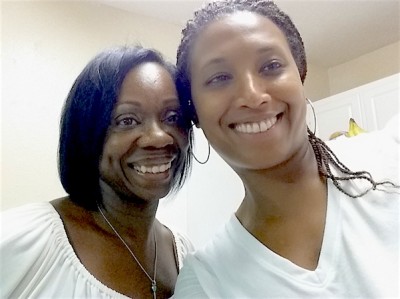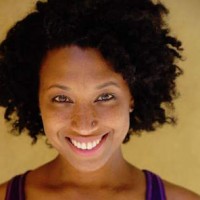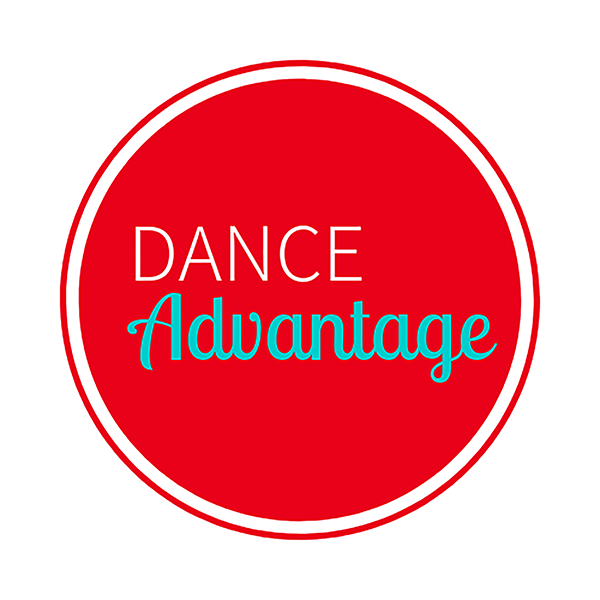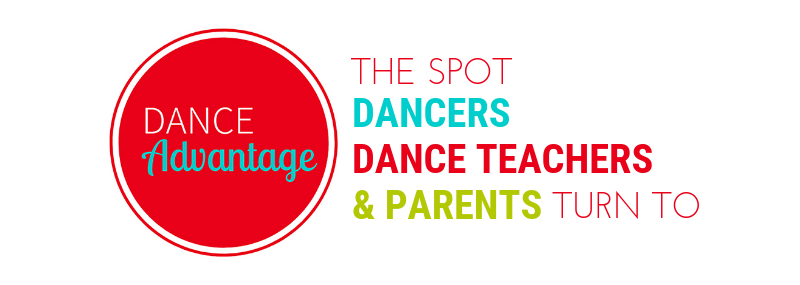You are a young dancer in the midst of blossoming and discovering connections between body and movement. You are attending a studio that has given you a wonderful foundation in the dance discipline and have every desire to continue your pursuit of dance and make it a lifelong career.
Like many, perhaps you have no earthly idea how to gain access or entrance into this often elusive and competitive field.
Maybe you live in a small town, or away from a major company. Perhaps you seem almost alien to those around you who see your dreams as just that. How do young dancers continue to stay inspired and educated as to how to make the dream a reality?
Mentorship.
A mentor is your own personal life coach or guide. Someone who has experience and expertise in your chosen field. This person can help navigate you towards opportunities and people to help your education and later career. Wouldn’t it be great to have someone that understands the path you have set for yourself and who can offer real solutions and a road map to follow? It can make all the difference.
As a young dancer living outside Boston, I didn’t grow up learning about key people in the arts. Without the luxury of Google, books, magazines and even the telephone book became my best friend.

The only black dancers I knew of were the ones I had seen performing with Alvin Ailey American Dance Theater. I looked at April Berry, Renee Robinson, Sarita Allen as evidence that my dreams were possible. Through my own trials and errors I found out more information about other black dance spaces and was able to study and perform with Philadanco. It was there that I was taken under the wing and nurtured but more importantly given much needed information as to who and where dance was for me and how to go about finding my place. This relationship helped mold and shape my young dance mind and gave me confidence.
Once I moved to New York City and began dancing with Rid Rodgers Dance Company I would meet another mentor, Kim Grier. To this day I still refer to for advice and I’ve spent more than twenty years in the profession. The relationship built over the years and the examples she set still resonate with me and play a big part of who I am today. She helped me find classes that were right for me, introduced me to her network of friends which in many cases begot work not to mention just the emotional support. She also did not hesitate to give me the hard talks about working harder, being consistent and many other life-molding lessons.
Finding a Mentor
If you are wondering how to go about finding a dance mentor it can be as simple as writing an email to someone you admire. Maybe there is a favorite company you aspire to work with – start there. Perhaps at your local college there is a faculty member who has a career path that interest you. Most, if time permits, are more than willing to help.
Even people like Misty Copeland have a mentor who has helped open some doors for her and helped shape and provide assistance in an often lonely landscape, especially for dancers of color. Like the proverb says “it takes a village”, in this case it could just be one person.
In the meantime, here are a few handy tips to make the process of finding a mentor easier, and ensure a gratifying experience for all involved:
- DO find someone who has similar career path and do your research. Knowing the history of a potential mentor is important. It’s the starting point of most conversations.
- DO ask for introductions. If you have a connection to someone you admire and want to meet just ask for an introduction. If you don’t ask, you will never know.
- DO be a go-getter. Be attractive to potential mentors by showing you are serious about your career and education by continuing to build your dance life, attending classes, auditions and conferences.
- DO have a clear concept of what you want from the relationship. If seeking career guidance, be specific which goals you are trying to meet and how can this person help .
- DO be grateful and be willing to extend yourself if your mentor should need your help with a task.
- DO nurture the relationship and focus on building something genuine based on shared interest, mutual respect and trust.
- DON’T be discouraged. The right person will always show up in time.
- DON’T take the relationship for granted.
- DON’T rely on your mentor to solve all your problems. Do the work!!!
- DON’T be late or miss appointments.
- DON’T be afraid to ask questions. This is how we grow.
Having a clear vision of what you would like from your dance life and being able to articulate that to your mentor will ensure a relationship that yields results. Become a lifelong learner and be aware of the greatness that may be standing right next to you.
The mentor/mentee relationship can be a fulfilling one for both parties. Keeping these tips in mind provides a building block for one of the most important relationships a dancer can have.
 Desiree Parkman has been involved in dance almost as long as she has been alive. Originally from Randolph, MA she started her early training with Sherry Gold of the Gold Studios. From those early days it was evident dance was to be a lifelong love affair. This dance life has given her the opportunity to grace the Great White Way in Annie Get Your Gun, kick with the Radio City Rockettes and travel the seas. As an arts educator, she has developed curriculum for non profits such as The Boys and Girls Club, Young Audiences, A Place Called Home and the YMCA as well as being a teaching artist for schools throughout the nation. Currently Desiree is residing in Orlando, FL where she can be found teaching dance, adjudicating national dance competitions and mentoring young dancers on the journey that is dance through her program Moving Armor.
Desiree Parkman has been involved in dance almost as long as she has been alive. Originally from Randolph, MA she started her early training with Sherry Gold of the Gold Studios. From those early days it was evident dance was to be a lifelong love affair. This dance life has given her the opportunity to grace the Great White Way in Annie Get Your Gun, kick with the Radio City Rockettes and travel the seas. As an arts educator, she has developed curriculum for non profits such as The Boys and Girls Club, Young Audiences, A Place Called Home and the YMCA as well as being a teaching artist for schools throughout the nation. Currently Desiree is residing in Orlando, FL where she can be found teaching dance, adjudicating national dance competitions and mentoring young dancers on the journey that is dance through her program Moving Armor.

Dance Advantage welcomes guest posts from other dance teachers, students, parents, professionals, or those knowledgeable in related fields. If you are interested in having your article published at Dance Advantage, please see the following info on submitting a guest post. Read posts from guest contributors.

